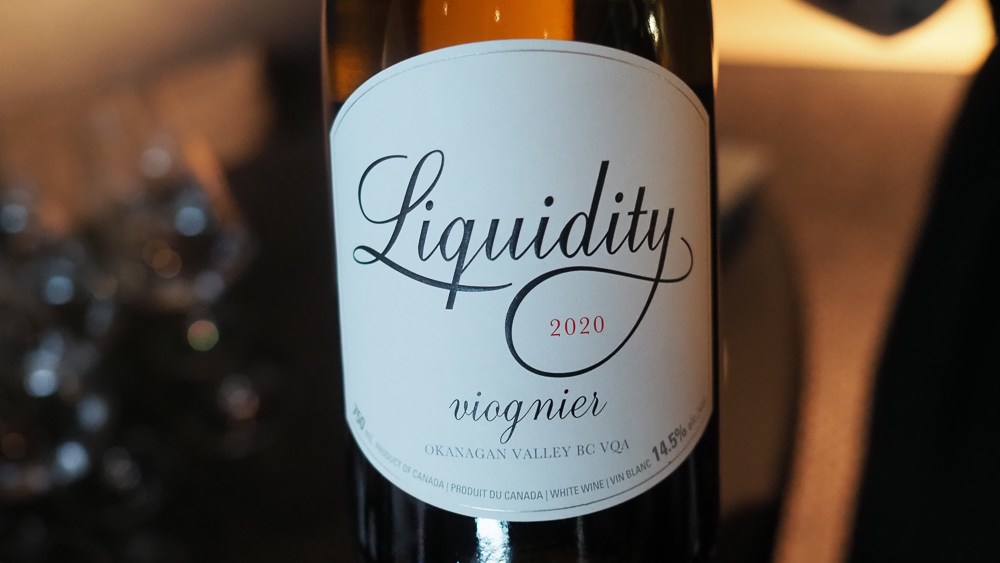Yankee Hillbillies have their Bourbon Whiskey. Kilt-wearing bagpipers have their Scotch Whisky. Even the Godzilla-fearing denizens of Tokyo have their own domestic whisky industry.
Incidentally, Calgary-based Alberta Distilleries is owned by a Japanese Whisky conglomerate, but that’s a story for another day. Let’s talk about the whiskey of the Emerald Isle, home of Saint Patrick, four-leaf clovers, and U2. Yes, gentle reader, I’m referring to Irish Whiskey.
To get the spelling issues out of the way, Scotland and Canada spell it as whisky, while Ireland and the United States spell it as whiskey. In short, if your country name has an E in it, you probably spell whiskey with an E as well.
Irish Whiskey has played second fiddle to Scotch Whisky for nearly 100 years, but this was not always the case. Up until the dark days of Prohibition in the USA from 1920-1933, Irish Whiskey was the most popular whiskey in the USA, in no small part due to the large population or Irish immigrants in cities like Boston and New York.
Coinciding with the loss of their biggest export market was the Irish War of Independence, shortly followed by the Irish Civil War of 1922. When the dust finally settled, Great Britain had partitioned the Emerald Isle into Northern Ireland and the Republic of Ireland.
Unfortunately for the Irish distilleries located in the southern still-nominally-independent part of Ireland, it turned out that Great Britain was a bit of sore loser, and banned the importation of Irish Whiskey to any of the colonies of the British Commonwealth, which was most of the whiskey-drinking world at that time.
Unsurprisingly, this led to the collapse of the Irish whiskey industry, with most distilleries going out of business.
Fortunately for the tipplers of the world, the Irish whiskey industry began a renaissance in the 1990s, making Irish Whiskies the fastest-growing segment of the booze industry for the last several years.
It may have been an act of desperation, but the surviving Irish whiskey distillers put their competitive differences aside in order to cooperate on branding and marketing, similar to the way the Scotch Whiskey Association does for Scottish Whiskies.
This increased cooperation has led to more consistent branding messages in worldwide markets, with huge increases in sales, and even the appearance of several new Irish distilleries.
Sadly, it takes several years of aging, so fully half of the distilleries in Ireland are still in stealth mode, waiting for several years without cash flow, while their whiskey stocks mature in oak casks for a minimum of three years before bottling.
Expect an explosion of Irish Whiskies onto the market in the next few years, which will delight the whiskey geeks of the world, and no doubt lead to an upswing in Irish Coffee at breakfast time!
The biggest difference between Irish Whiskey and the better-known Scotch Whisky is that Irish Whiskey is distilled three times for added smoothness, instead of the two cycles through the still that is more common for Scotch Whisky.
Irish Whisky is also made from barley cooked over a closed oven, rather than the open peat fires used in Scotland, which results in a less smoky flavour.
While the whisky geeks of the world love their harshly peated single malt Scotch, the teeming millions of the mass market prefer a smoother taste, which is what Irish Whiskey aims for.
Your first exposure to Irish Whiskey probably came in the form of Bailey’s Irish Cream in your coffee. Your intrepid liquor reporter feels compelled to report that the rumours of Irish Cream being made from the milk of drunken Irish cows being fed a diet of pure whiskey are completely unfounded.
In truth, the whiskey in Bailey’s Irish Cream is sourced from a variety of local distilleries, and combined with fresh Irish dairy using a secret process that prevents separation or spoilage.
The recipe has been reverse-engineered by many imitators, with the most local example being Ceili’s Irish Cream from Highwood Distillers just south of Calgary, so you will see many knock-offs on the shelves of your local booze merchant.
The big brands of Irish Whiskey are Bushmills and Tullamore Dew, which can be found in pretty much any neighbourhood booze merchant or drinking establishment.
So, if you are a whisk(e)y drinker, give that tired old Bourbon or predictable Scotch a pass, and try out an Irish Whiskey for yourself!








